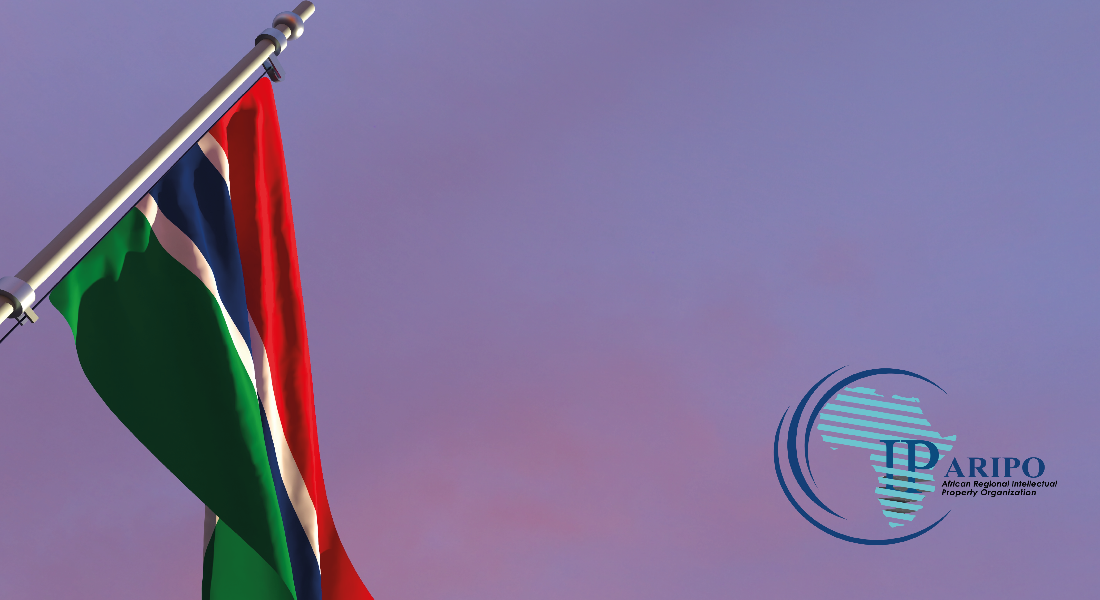What we offer
Register your domain with us and benefit from the following perks
Landing page
When purchasing your domain, Inventa offers you a simple webpage, where you can briefly present your company and leave your contact details.
High-security DNS servers
In order to ensure our clients that nothing ever fails or gets lost, we work with high-speed network connections in redundant servers (Europe, United States).
Advanced Control Panel
You also get access to a Domain Control Panel to be found in our customer area, allowing you to manage/consult your websites and email accounts.
Support that actually helps
All of our accounts include services of a dedicated account manager. Get your domain now and start profiting from all these advantages, or contact us to learn more about our domain services.
Why choose us
We look at domains from a different perspective
While most of the domain industry sees domains from a commodity perspective, Inventa looks at them as assets for your brand. We offer domain services which include not only hosting, but also the resources you need to protect and expand your business online.
Cut the red tape
We manage your domains at a global scale
We are used to work with domain extensions that have special requirements. We handle the red tape so you don't have to.
Our team of experts will also be ready to help you with the configuration details and will gladly work with your IT Department (and/or outsourced services), to make sure the services you need are quickly implemented according to the best industry practices.
View all extensionsSpecial requirements for .gm
- Trademark required.
Latest news

